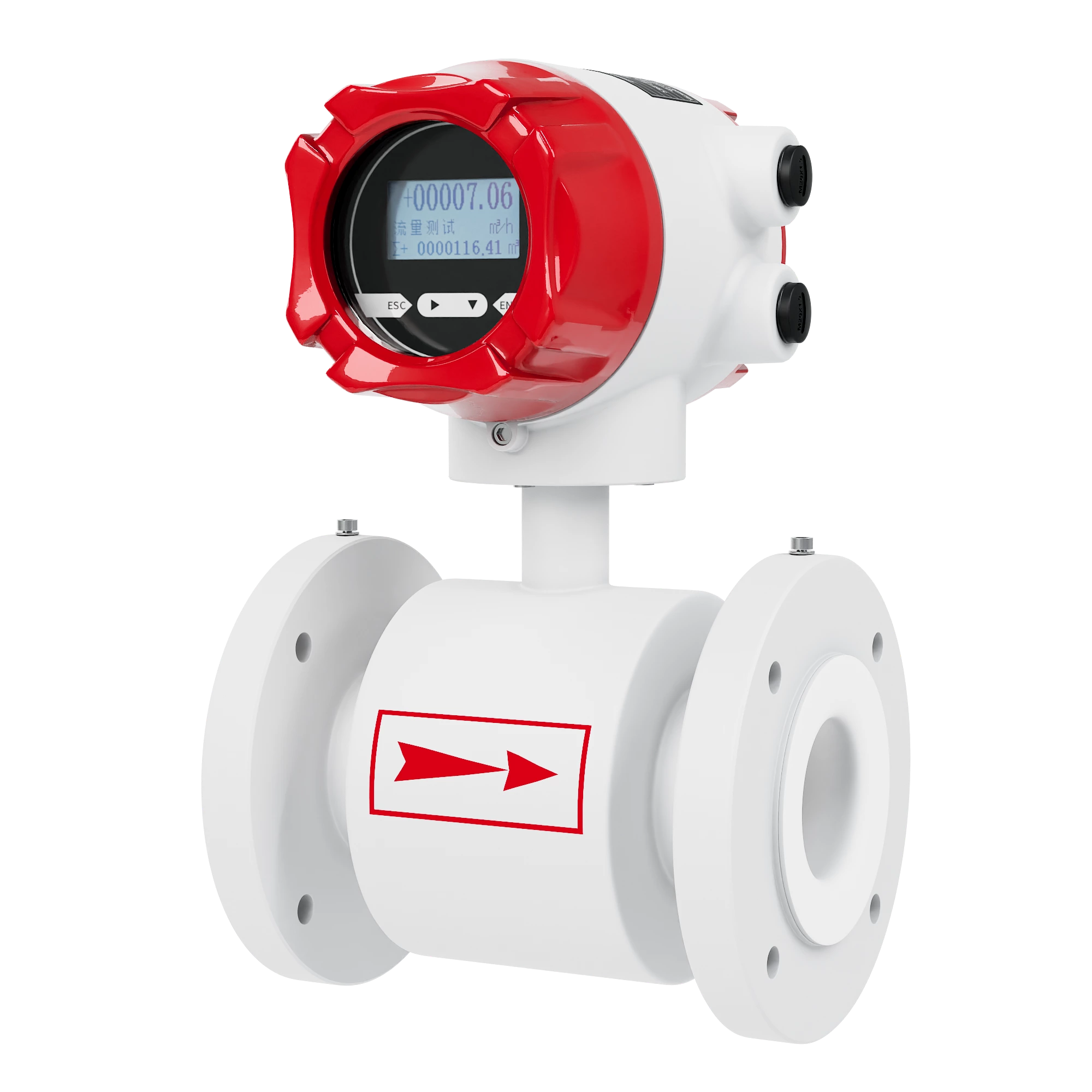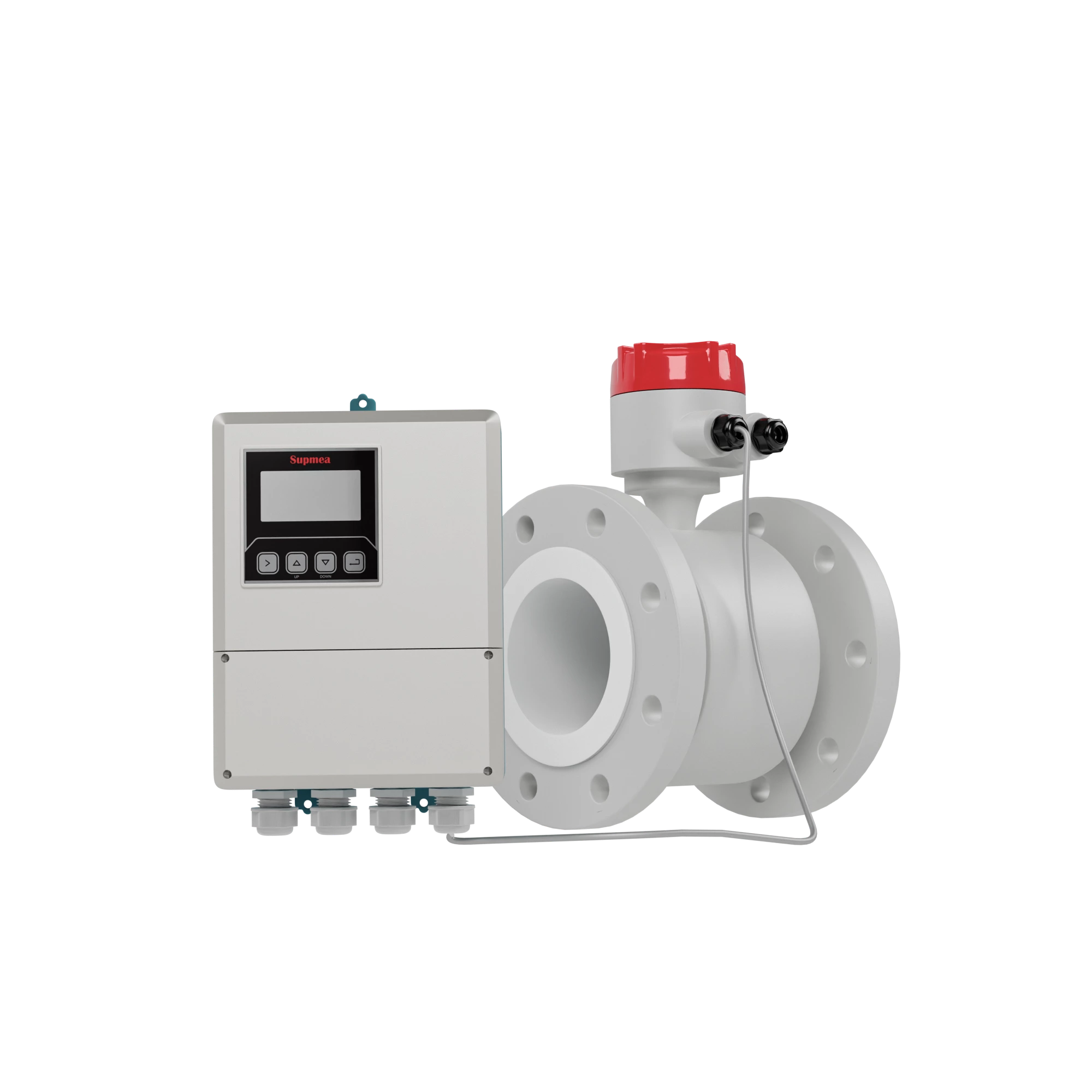Electromagnetic Flow Meters: Smart Solutions for Clean Flow
Electromagnetic Flow Meters: Precision Tools for a Sustainable Future
As global challenges like water scarcity and tightening environmental regulations come to the forefront, mag meters have emerged as essential instruments for intelligent flow measurement.
Electromagnetic flow meters (or mag meters) deliver high-accuracy, maintenance-free performance that makes them foundational to infrastructure projects worldwide—from municipal water systems to pharmaceutical production.
How Electromagnetic Flow Meters Work
Mag meters operate based on Faraday's Law of Electromagnetic Induction, which states that a voltage is induced when a conductive fluid flows through a magnetic field. This induced voltage is directly proportional to the flow rate, enabling precise, real-time measurement.
Key advantages of the technology:
- No moving parts = low maintenance
- Unaffected by pressure or viscosity changes
- Ideal for continuous monitoring in demanding environments

Key Advantages
No Pressure Loss
The open, obstruction-free design means virtually zero pressure drop, reducing energy costs in pumping systems by up to 15% compared to restrictive flow meters.
Handles Slurries & Viscous Fluids
Perfect for wastewater, pulp, sludge, and other challenging fluids that would clog mechanical meters. The smooth bore design prevents particle accumulation.
Bi-Directional Measurement
Accurately measures flow in both directions with ±0.5% accuracy, enhancing system versatility and diagnostic capabilities for complex piping networks.
Wide Measuring Range
Maintains ±0.2% accuracy across flow velocities from 0.3 m/s to 10 m/s, with some models capable of 1:100 turndown ratios for variable flow conditions.
Hotspot Applications
Water Scarcity & Urban Leakage Management
Non-revenue water (NRW) is a major issue for utilities worldwide. Mag meters, with their high accuracy and large diameter capabilities, enable:
- Real-time leak detection through flow pattern analysis
- Distribution network optimization
- Accurate billing and consumption monitoring
A European utility cut water losses by 18% after switching to mag meters—highlighted in a UN report on sustainable water use.
Wastewater Treatment & Reuse
Mag meters are essential throughout wastewater treatment processes:
- Inlet/outlet monitoring for load balancing
- Sludge line tracking in digestion systems
- Effluent flow compliance monitoring
Their data supports regulatory reporting, discharge control, and water reuse initiatives in line with frameworks like the EU Green Deal and UN Sustainable Development Goals.
Keywords to rank for: mag meter wastewater treatment, leak detection flow solutions, non-revenue water monitoring
Pharmaceutical & Food Processing
For hygienic, regulated environments, sanitary mag meters offer:
- FDA-approved liners (e.g., PFA, PTFE)
- EHEDG-certified designs for cleanability
- Full CIP/SIP compatibility
Common applications: Batching and filling operations, in-line quality monitoring, recipe validation and traceability documentation.

Selection Guidelines
When choosing a mag meter, consider these critical factors:
| Factor | Recommendation |
|---|---|
| Fluid Conductivity | ≥ 5 µS/cm (minimum required for accurate measurement) |
| Liner & Electrode | Match to fluid type (e.g., PTFE for chemicals, rubber for water) |
| Installation | Ensure full pipe conditions and proper grounding |
| Diagnostics | Opt for models with empty pipe detection & error logging |
Pro Tip: For fluids below 5 µS/cm conductivity, consider alternative technologies like ultrasonic or Coriolis flow meters.
Real-World Impact
From reducing urban water loss to enabling closed-loop wastewater reuse, electromagnetic flow meters help achieve measurable sustainability goals. When integrated into smart metering and SCADA systems, they provide the real-time data foundation for intelligent resource management.
In a world where every drop counts, mag meters aren't just sensors—they are critical enablers of smarter, cleaner, and more sustainable operations.



